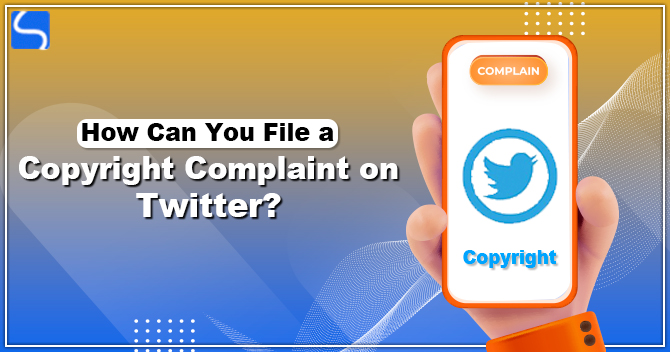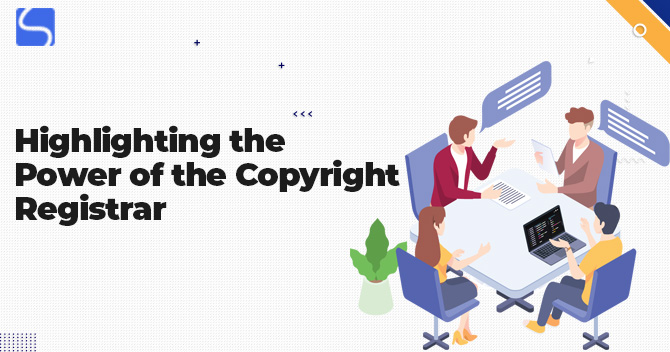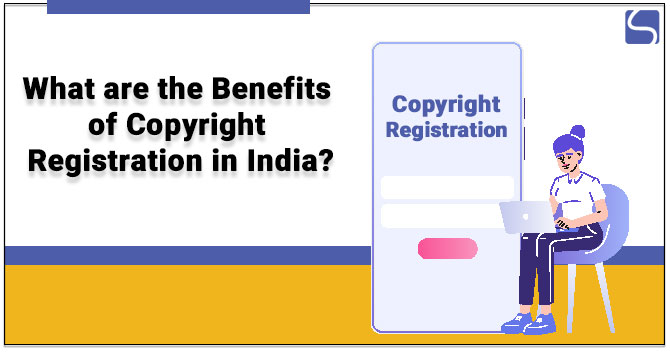What is the Procedure for Copyright Registration under Copyright Act, 1957?
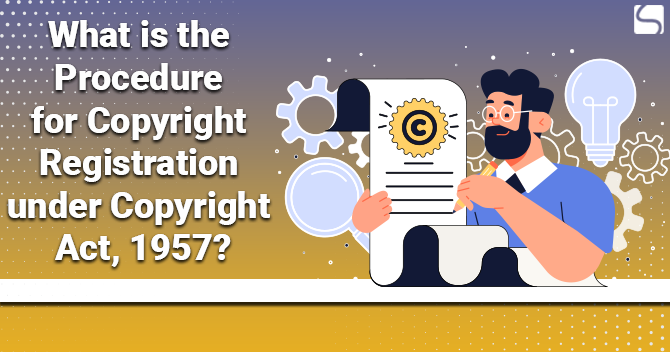
Japsanjam Kaur Wadhera | Updated: Dec 26, 2020 | Category: Copyright
A copyright that is regulated by the Copyright Act, 1957[1] is a right that gives the owner an exclusive right over his original work. Any work which is protected by copyright, cannot be imitated, reproduced or copied by the other in any other ways. The term of copyright of a subject matter under the Copyright Act, in India is 60 years. The entire procedure for copyright registration under the Copyright Act shall be discussed in this article.
Table of Contents
What is the Subject matter of Copyright?
According to Section 13 of the Copyright Act, the protection of copyright is given to the following work: –
- Musical works
- Literary works
- Artistic works
- Dramatic works
- Architectural works
- Cinematography films
- Computer program/software
- Sound recordings
What does Copyright not protect?
Copyright does not protect: –
- Works which are not in tangible form
- Names, Slogans, titles, short phrases, symbols, methods, designs or factual information. (however it may be protected under trademark law)
- Procedures, plans, ideas or concepts, process, discoveries, guidelines and principle. (however it may be protected under patent law or trademark law)
- Works that are already in the public domain and the original authorship of such work is not traceable
- The already expired copyright works
Copyright law is provided for almost all the visible things like books, scripts, films, photos, essays architecture, videos etc. and some intangible things like music. The most important criteria to determine whether a particular work can be copyrighted or not, depends upon its Originality.
The procedure for Copyright Registration under the Copyright Act
Step 1: Filing of Application
The first step under the procedure for the Copyright registration under the Copyright Act is that the author of the original work or his agent on his behalf is required to file an application either through e-filing facility available on the official website of Copyright or physically at the copyright office or through the registered or speed post.
The registration of each work requires a separate application to be filed along with the prescribed fee of such work, with the Registrar. Further a diary number shall be issued by the registrar to the applicant, upon the filing of the application.
Step 2: Examination
The next step after the application is submitted is the examination of the copyright application. A minimum of 30 days period is taken by the examiner to review the application. The purpose of waiting period is to allow for raising objection in concern to the copyright application by the others. In case where no objection is raised by the others, the examiner shall continue further to review and scrutinize the application to look for any discrepancy.
If no discrepancies arise, and all the required documents and information is provided by the applicant, the examiner shall proceed with the next step. However, in case where some discrepancies arise or found, a letter of discrepancy shall be sent to the applicant. Upon the reply of the applicant, a hearing shall be conducted by the registrar. Once the discrepancy is removed the application shall be preceded to the next step.
In case where any objection is raised against the application, the registrar sends a letter to both the parties and they are called to be heard by the registrar. If the objection is rejected upon the hearing, the application shall proceed further for scrutiny and the discrepancy procedure mentioned above shall be followed.
However, if the objection raised by someone is not clarified or the discrepancy is not resolved, the application shall stand rejected and a rejection letter shall be sent to the applicant for the same. At such point of time, the procedure for copyright registration under the copyright act shall end here.
Step 3: Registration
The last step that is involved in the procedure for copyright registration under the Copyright Act is the registration. The registrar may ask for the further documents if required from the applicant. Once the registrar is completely satisfied with the copyright application submitted by the applicant, the Registrar of copyright shall enter the details of the copyright into the register of copyrights and issue a Registration Certificate to the applicant.
The procedure for Copyright Registration completes when the applicant is provided with the extracts of the Register of Copyrights (ROC).
Who can register for Copyright?
The author or the creator of the original work can register for the copyright. There is no age bar on applying for the procedure for copyright registration.
A Copyright Registration can be done be: –
- The author or the creator of the work
- Any person who claims to have obtained the ownership rights from the author or the creator of the original work
- An agent who has been authorized to act on behalf of the author or the creator.
What are the Criteria for the protection Under Copyright?
To get the protection under the Copyright Act and to be eligible to apply for the procedure for copyright registration, the work should fulfil the following criteria: –
- The work must be an original work and should not be copied from any existing sources.
- The work must be in a tangible form and should be capable of being identified and recognized in a fixed form. However, some intangible works are also protected under the copyright law.
- The work must surely be the first publication and should not be published before.
What are the Rights given to the Author or the creator under the Copyright Law?
Section 14 of Chapter III and 57 of chapter XI of the Copyright Act provides the author or the creator with the exclusive and some special rights. The judiciary already provides the author or the creator with the bundle of rights under copyright law. There the author/creator have the following rights:
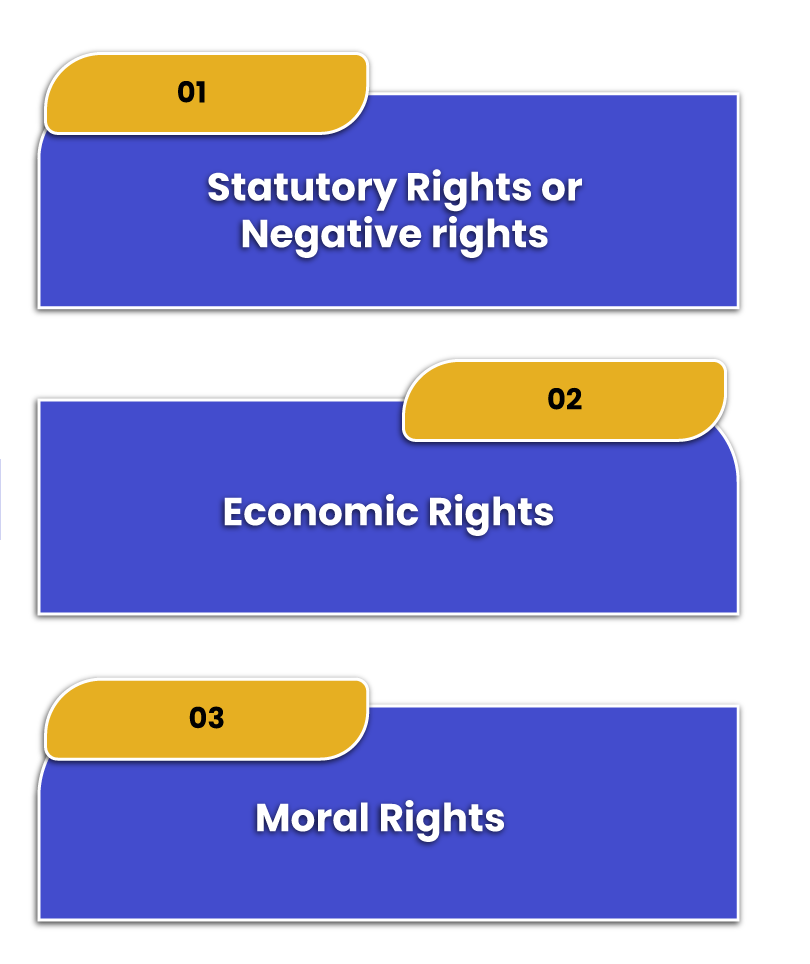
1- Statutory Rights or Negative rights
The copyright law provides the author or the creator of the original work with the legal or statutory rights. It imposes with the negative duty on the others that does not allow them from using or getting the benefits from the original work done by the author without his consent.
2- Economic Rights
This right provides the author to enjoy the financial benefits by earning the royalty by assigning the rights to the others either partially or fully. Every national copyright statute provides the following rights, according to the international conventions: –
- Distribution rights
- Public performance rights
- Adaptation rights
- Rental rights
- Display of work to the public rights
- Reproduction rights
3- Moral Rights
The author is protected under the copyright law, even after he assigns his copyright work either partially or fully to someone. This right grants the author to have his name kept on the work forever and protects it from any kind of modification or distortion or any other offensive action in connection to the work, which would damage the reputation of the author.
Conclusion
The procedure for copyright registration under the Copyright Act is very important for the author or the creator to protect its original work from being infringed or used by others without his/her permission. With the registration of copyright, it allows the original creator of the work to move to the court easily and get the person illegally copying his work punished. The act provides the rules and procedures to be followed for registration of copyright and the punishment and penalties for its infringement.
Also, Read: Is it possible to Copyright Artwork in India?












